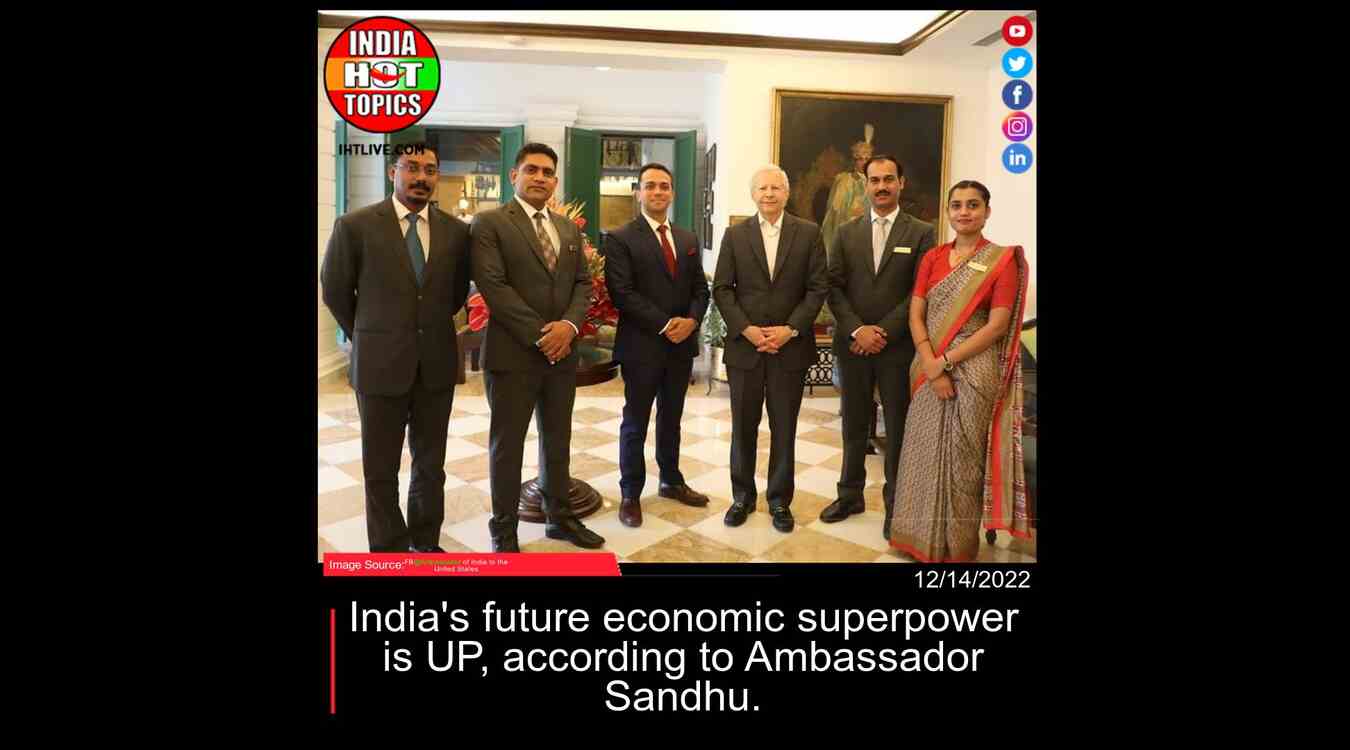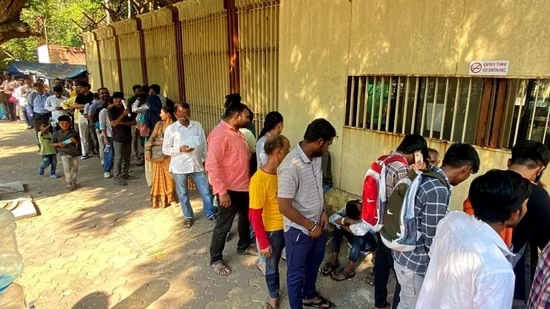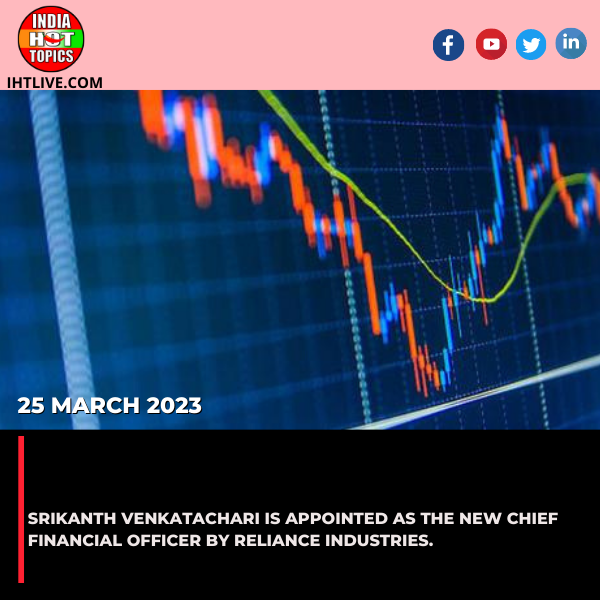India
India’s future economic superpower is UP, according to Ambassador Sandhu.

India’s future economic superpower is Uttar Pradesh, according to Ambassador Sandhu.
Uttar Pradesh, India’s most populous state, is also its fastest-growing economy. In the last fiscal year, the state’s GDP grew by 11.2 percent. That’s more than double the national average.
Ambassador Sandhu, who is India’s ambassador to the United States, says Uttar Pradesh is poised to become an economic superpower.
“Uttar Pradesh is the engine of growth of India,” Sandhu said in an interview with CNN. “And I think in the next 10 years, you will see Uttar Pradesh as one of the leading states, if not the leading state, of India.”
Uttar Pradesh is already home to some of India’s biggest companies, including Reliance Industries, Tata Motors, and Bajaj Auto. And it’s attracting more and more foreign investment. In the last fiscal year, the state received $4.3 billion in foreign direct investment.
Sandhu says Uttar Pradesh has the potential to become a global manufacturing hub, like China.
“Uttar Pradesh has all the ingredients to become the next China,” he said.
Group Media Publications
General News Platform – https://ihtlive.com/
Entertainment News Platforms – anyflix.in
Construction Infrastructure and Mining News Platform – https://cimreviews.com/
Podcast Platforms – https://anyfm.in/
India
US B1/B2 visa wait time exceeds 1 year for Indians: Report

Despite the US fully resuming visa operations, demand for tourist and business (B1/B2) visas continues to exceed available appointment slots, creating major backlogs across US consulates in India. Wait times in Hyderabad, Delhi, Mumbai, and Chennai range from 7.5 to 13.5 months, with Chennai facing the longest delay at 13.5 months. These prolonged delays are disrupting.
Travel for family functions, weddings, business events, and emergencies. Priority appointments remain limited, offering little relief even in urgent cases. Business professionals are among the worst hit. With no clear or predictable appointment system, applicants are left checking the portal repeatedly without success, making travel planning extremely difficult.
The US has announced visa restrictions on owners, executives, and senior officials of Indian travel agencies accused of knowingly facilitating illegal immigration to the United States. Mission India’s Consular Affairs and Diplomatic Security Service work daily across the embassy and consulates to identify and target those involved in illegal immigration, human.
Indian applicants seeking U.S. B1/B2 visas are encountering unprecedented delays, with wait times now extending beyond a year in several major cities. This situation is significantly impacting travel plans for business, tourism, and personal emergencies.
Extended Wait Times Across Major Cities
- Chennai: 13.5 months
- Delhi: 9 months
- Mumbai: 9.5 months
- Hyderabad: 7.5 months
These prolonged delays are causing applicants to miss critical events such as weddings, business conferences, and family gatherings. For instance, a homemaker planning to attend her nephew’s wedding in August found the earliest available appointment was in March of the following year, rendering her unable to attend.
Impact on Travelers
The extended wait times are affecting various categories of travelers.
- Business Travelers: Professionals are facing challenges in attending international conferences and meetings, leading to potential financial losses and missed opportunities.
- Tourists: Individuals planning leisure trips are forced to postpone or cancel their plans due to the unavailability of timely visa appointments.
- Family Emergencies: Applicants aiming to visit the U.S. for urgent family matters, such as childbirth or medical emergencies, are unable to secure appointments in time.
While students and emergency travelers are given limited priority slots, general applicants looking to visit family, attend events, or explore travel opportunities.
Underlying Causes
Despite the U.S. fully resuming visa operations, the demand for tourist and business (B1/B2) visas continues to far exceed available appointment The U.S. Department of State acknowledges these delays and advises applicants to plan their travel well in advance. They also suggest that applicants regularly check the appointment scheduling system for any earlier slots that may become available due to cancellations.
Recommendations for Applicants
- Early Planning: Initiate the visa application process as early as possible to accommodate potential delays.
- Regular Monitoring: Frequently check the appointment scheduling system for any earlier slots that may open up.
- Consider Interview Waivers: Applicants renewing their visas or meeting specific criteria may be eligible for interview waivers, potentially expediting the process.
- Stay Informed: Keep abreast of updates from the U.S. Embassy and Consulates regarding visa processing times and appointment availability.
The prolonged wait times for U.S. B1/B2 visas are causing significant disruptions for Indian travelers. Applicants are advised to plan ahead, explore all available options, and remain patient as they navigate the visa application process
Indian applicants for U.S. B1/B2 visas are facing unprecedented delays, with wait times now exceeding one year in major cities. Chennai reports the longest delay at 13.5 months, followed by Delhi and Mumbai at approximately 9 to 9.5 months, and Hyderabad at 7.5 months. These prolonged wait times are disrupting travel plans for family events, business engagements.
- Group Media Publication
- Construction, Infrastructure and Mining
- General News Platforms – IHTLive.com
- Entertainment News Platforms – https://anyflix.in/
India
Want to buy property in Bengaluru? Forget brochures, visit on a rainy day, says Reddit user

A Reddit user has advised homebuyers in Bengaluru to avoid glossy brochures and visit neighborhoods on rainy days before making any decisions. The user’s viral post, “Bangalore Rain: The best real-estate Litmus test?”, triggered an avalanche of agreement and grim humour from Bengalureans. Many residents chimed in with their own cautionary tales.
Survival tips from navigating the city’s infrastructure during monsoon downpours. Some even crowdsourced flooding data from social media to avoid future real-estate regrets. Some pointed to Bengaluru’s history to explain today’s mess, highlighting how unchecked urban development over natural water bodies has worsened the city’s drainage woes Bengaluru.
Receiving over 100 mm of rainfall in just 24 hours this week, one of the highest in recent years, the advice seems more relevant than ever The Indian media has been flooded with trending photos from the Cannes Film Festival, featuring celebrities such as Eva Longoria, Diane Kruger, Benedict Cumberbatch, Jennifer Lawrence, and Robert Pattinson. The event also saw.
The elimination of Lucknow from the playoff race. The red carpet looks for the film festival included Hollywood glamour from Jennifer Lawrence and Robert Pattinson. The realme NARZO 70 Turbo 5G, a segment-fastest dimensity 7300 energy 5G chip, is available at 36% off. The Lava Agni 3 5G, India’s first dual AMOLED display, is available at 25% off. The TECNO.
Phantom X2 5G Moonlight Silver processor is available at 54% off. Other top deals include 5 kg dumbbells for beginners, 8 best baby luggage bags for airport strolls, the best ultrawide monitors for gaming, editing, and work setups, and the best vacuum cleaner for carpets. The trending photos also highlight the importance of staying organized and organized during.
When it comes to buying property in Bengaluru, most homebuyers start with glossy brochures, 3D walkthroughs, and sunlit sample apartments. But a now-viral Reddit post has turned that notion on its The advice came from a Bengaluru-based Reddit user who shared their personal experience navigating the city’s tricky monsoon terrain in search of their dream home.
“Brochures lie. Rain doesn’t,” the user wrote, summing up a sentiment many frustrated Bengaluru residents can relate to.
Why Rain Reveals the Truth
In a city infamous for its poorly planned infrastructure, flash floods, and waterlogging, especially during monsoon, a rainy-day visit can reveal a property’s real condition. That swanky apartment with manicured lawns and a posh clubhouse? It could be located in a low-lying area that floods every season. That beautiful driveway? Might turn into a river once.
- Waterlogging: Is the area prone to flooding? Are roads passable?
- Drainage: Are there visible drainage lines? Are they choked or flowing freely?
- Basement & Parking: Check if basements or parking areas are dry or submerged.
- Access Roads: Narrow internal roads may be hard to navigate when flooded.
- Odor and Hygiene: Poor drainage can lead to foul smells and mosquito breeding.
A Wake-Up Call for Developers?
This Reddit post has sparked wider discussions among Bengaluru’s real estate forums and homebuyer communities. Some developers argue that monsoon issues stem from municipal mismanagement, while others acknowledge the need for better infrastructure planning within residential complexes The viral advice serves as a timely reminder for developers to move.
Beyond cosmetic marketing and focus on resilient design and sustainable In a tech-driven age where virtual tours and digital brochures dominate the property market, sometimes the oldest methods work best. A simple walk in the rain might tell you more than any fancy presentation can So if you’re looking to buy property in Bengaluru — keep the umbrella handy and ditch.
- Group Media Publication
- Construction, Infrastructure and Mining
- General News Platforms – IHTLive.com
- Entertainment News Platforms – https://anyflix.in/
India
Courts cannot interfere unless glaring case made out’: CJI Gavi’s remark on Waqf Act

The Indian Supreme Court (SC) is hearing petitions challenging the Waqf (Amendment) Act, 2025, which was enacted into law last month. Chief Justice BR Gavai stated that laws passed by Parliament are assumed to be constitutional, and courts cannot intervene unless there is a clear and serious problem. The apex court identified three key issues: Waqf by user.
The nomination of non-Muslims to the Waqf Council and state Waqf Boards, and the identification of government land as Waqf property. The Centre had assured it would not proceed on these matters until the case was settled. However, senior advocates Kapil Sibal and Abhishek Manu Singhvi, appearing for the petitioners, opposed this. Sibal argued that the Act.
Is designed to seize Waqf lands without due process, and that only a person who has practised Islam for at least five years can create a Waqf. Chief Justice Gavai responded that there is a presumption of Constitutionality in legislation passed by Parliament and that courts cannot interfere unless a glaring case is made out New Delhi, May 20: Chief Justice of India (CJI) D.Y.
Chandrachud, along with Justice B.R. Gavial, made a significant observation during a Supreme Court hearing regarding the constitutional validity of the Waqf Act, 1995. In a statement that could have far-reaching implications, Justice Gavial remarked that “courts cannot interfere unless a glaring case is made out. The remark came during the hearing of a petition that.
Challenged certain provisions of the Waqf Act, citing alleged violation of constitutional principles such as equality before law, secularism, and property rights. The petitioner argued that the Act conferred excessive powers on the Waqf Boards and allowed encroachment on private property under the pretext of religious administration Justice Gavai, while responding.
To the petitioner’s counsel, emphasized the constitutional limits within which the judiciary operates. “Every religious or charitable trust—be it Hindu, Christian, or Muslim—has its own framework under the law. Unless a glaring violation of constitutional rights is demonstrated, judicial interference would be unwarranted,” he stated The bench questioned whether.
The petitioner had established sufficient grounds to show that the Act was inherently discriminatory or arbitrary. “We are not here to sit in judgment over Parliament’s legislative competence unless it is shown that the law is manifestly unconstitutional,” CJI Chandrachud added The Waqf Act, 1995, governs the administration of waqf properties—assets donated for.
Religious or charitable purposes under Islamic law. The Act provides for the creation of State Waqf Boards to manage such properties and address related disputes. Over the years, it has been the subject of several legal controversies, particularly concerning land ownership and the scope of powers exercised by the Waqf Boards The petitioner contended that the Act enables.
Waqf Boards to unilaterally declare properties as waqf without due legal process, thereby infringing on the property rights of individuals. The counsel also cited instances where people discovered that their land was classified as waqf only during transactions or legal disputes Justice Gavai acknowledged that concerns regarding land ownership and procedural fairness.
Important but reiterated the need for clear constitutional breaches before striking down any law. “You may have individual grievances, but that does not automatically render the entire Act unconstitutional,” he said The court advised the petitioner to pursue remedies through civil courts in cases of disputed property classification. CJI Chandrachud remarked someone.
Land has been wrongly notified as waqf, they have the right to challenge it. But that is a matter of individual litigation, not a ground to annul the statute itself Legal.
- Group Media Publication
- Construction, Infrastructure and Mining
- General News Platforms – IHTLive.com
- Entertainment News Platforms – https://anyflix.in/
-
Tech4 months ago
Best Zebronics Bluetooth speakers you can buy today for an unmatched audio experience
-

 India2 years ago
India2 years agoNew Season 8 The Walking Dead trailer flashes forward in time
-

 India2 years ago
India2 years agoThe afternoon briefing revealed that 97.26% of the ₹2000 notes were returned, and the Israeli Prime Minister committed to war goals.
-

 World12 months ago
World12 months agoMichigan splash pad attack: A couple was shot seven times in total while defending their two small daughters.
-

 India2 years ago
India2 years agoSrikanth Venkatachari is appointed as the new chief financial officer by Reliance Industries.
-

 India2 years ago
India2 years agoPM Modi’s Three-Nation Tour Begins with a Traditional Welcome in Papua New Guinea
-

 India8 years ago
India8 years agoThe 9 worst mistakes you can ever make at work
-

 Special 365 days2 years ago
Special 365 days2 years agoFlag Day of India





